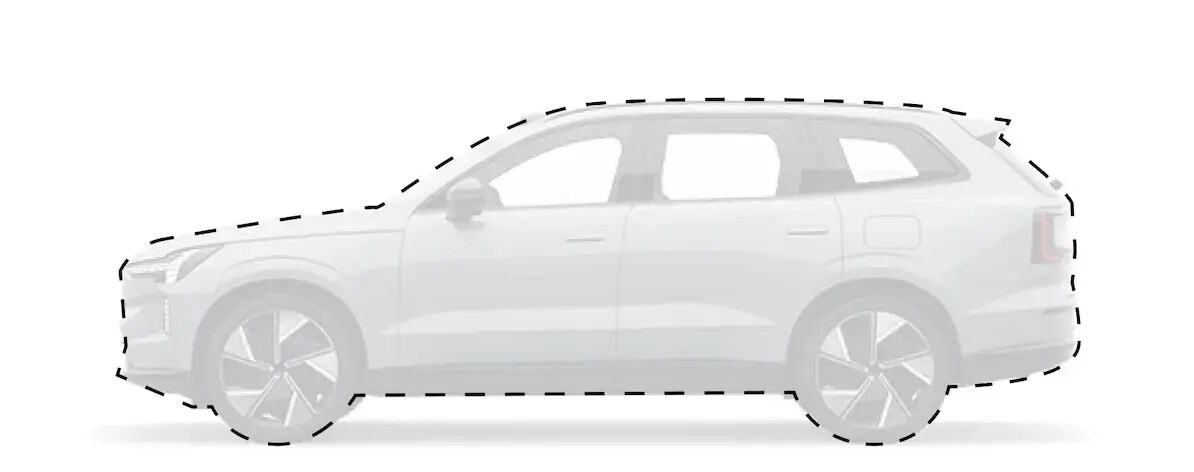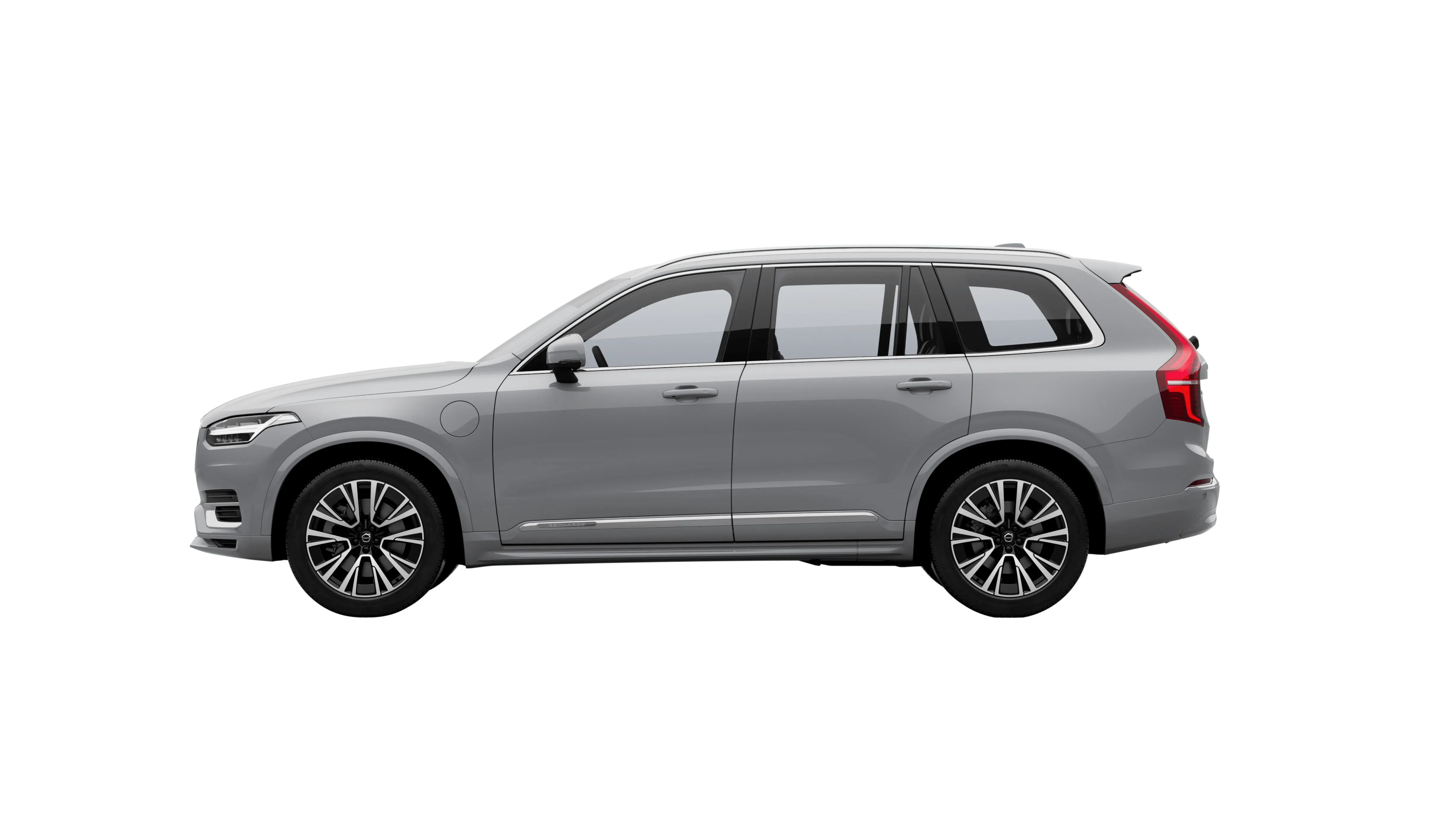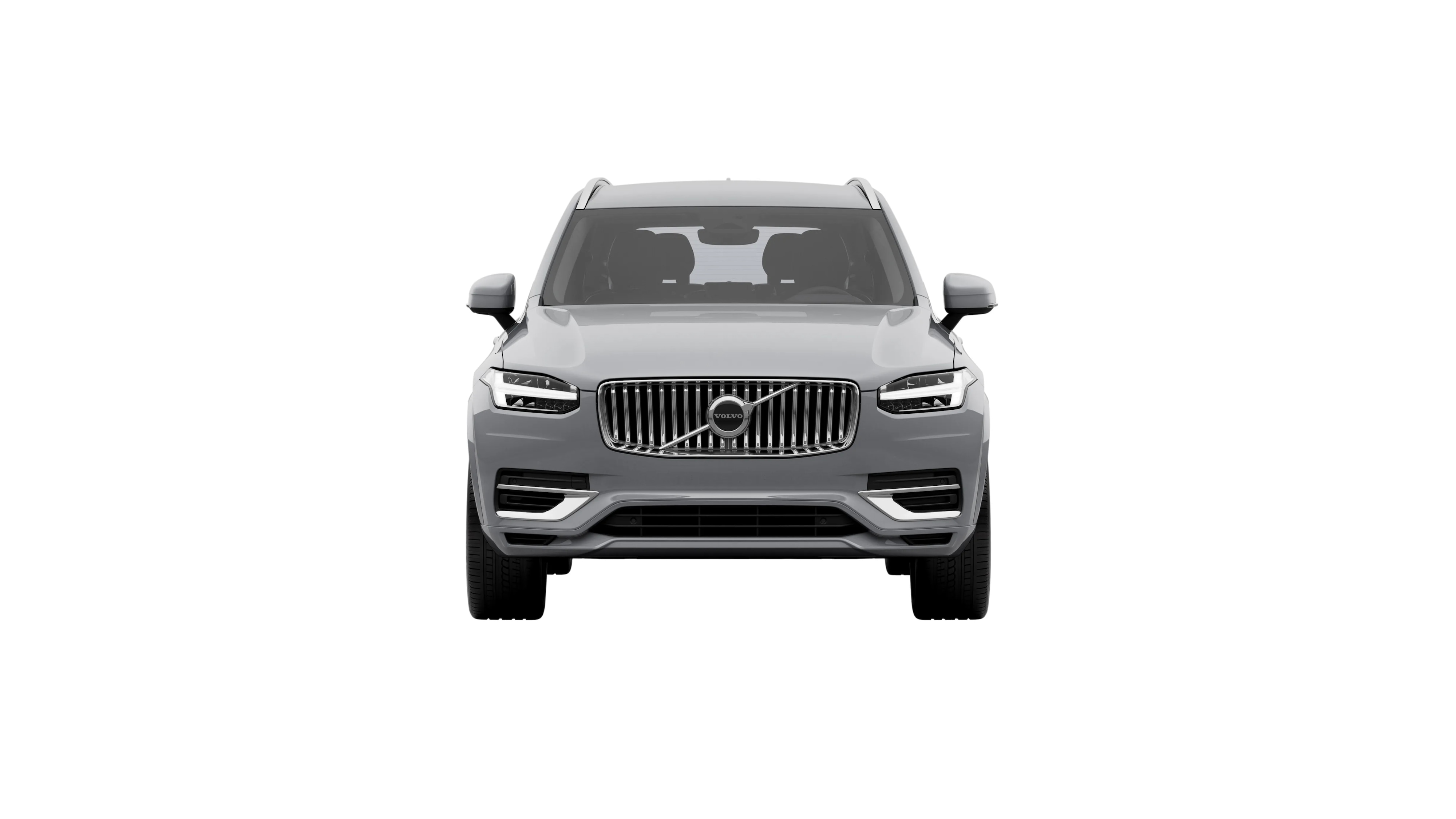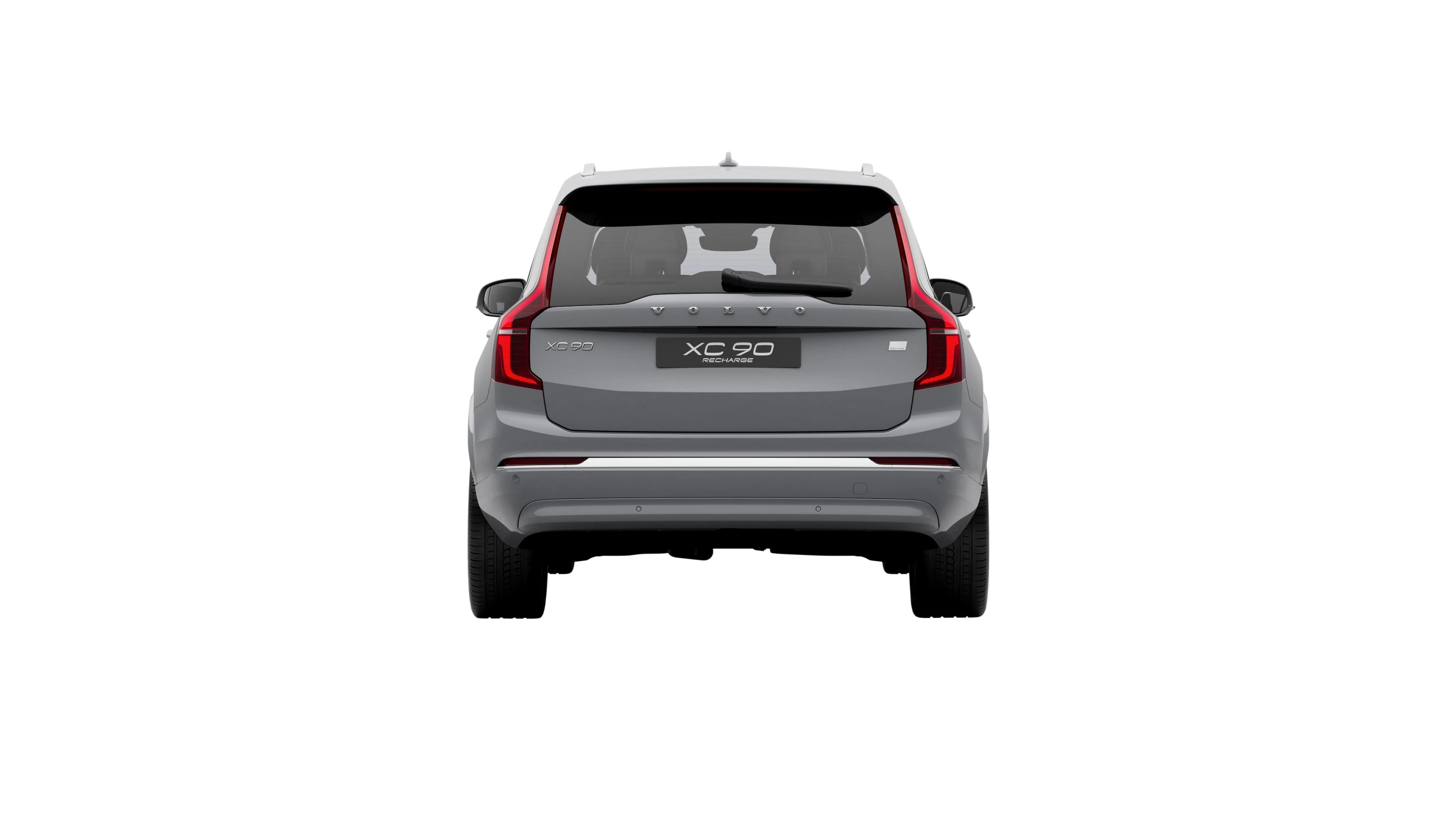Volvo car comparison
Compare car models below and find the perfect Volvo for you.
Crossovers
SUVs
Sedans
Wagons
Crossovers
SUVs
Sedans
Wagons
Crossovers
SUVs
Sedans
Wagons



Powertrain*
Fuel type
Electric/GasolineFuel type
–Fuel type
–Driveline
AWDDriveline
–Driveline
–Range
32 milesRange
–Range
–Acceleration (0-60 mph)
From 5.0 sAcceleration (0-60 mph)
–Acceleration (0-60 mph)
–Max Engine Power (kWh)
Up to 340 kW/455 hpMax Engine Power (kWh)
–Max Engine Power (kWh)
–Fuel economy (combined)
27 mpgFuel economy (combined)
–Fuel economy (combined)
–Fuel economy (MPGe)
58 MPGeFuel economy (MPGe)
–Fuel economy (MPGe)
–Fuel Capacity
18.8 galFuel Capacity
–Fuel Capacity
–Size and cargo

Width
79.1 inWidth
–Width
–Height
69.9 inHeight
–Height
–Vehicle length
195.0 inVehicle length
–Vehicle length
–Cargo capacity (max)
Up to 85.7 cu. ft.Cargo capacity (max)
–Cargo capacity (max)
–Towing Weight
Up to 5,000 lbTowing Weight
–Towing Weight
–Colors & Rims
Seating
Seats
6-7 seatsSeats
–Seats
–Frequently asked questions
How do you use the Volvo car compare tool?
To effectively utilize the car comparison tool, please follow these steps: 1. Navigate to the dropdown menu located at the top of this page. 2. Choose the car(s) you want more detailed information about. 3. You can select up to two different cars simultaneously. 4. Once you have made your selections, you can compare various attributes, including but not limited to fuel type, size, weight, wheels, and available colors.
How do you compare different car body types?
Comparing different car body types is a straightforward process. Here's what you need to do: 1. Access the dropdown menu at the top of this page. 2. Select the car models you wish to compare. 3. You may freely choose and compare all available car models, irrespective of their body type.
How do you compare different car engine types?
To compare different car engine types, you should follow these steps: 1. Locate the dropdown menu at the top of this page. 2. Select car models equipped with different powertrains. 3. You have the flexibility to compare all our various powertrains, including fully electric, plug-in hybrid, or gas (mild hybrids).
*Estimated range according to the EPA driving cycles. The actual range achieved under real conditions varies depending on driving behavior, driving conditions, how you maintain your vehicle, battery and other external factors. Visit fueleconomy.gov for further information.
Charging times can vary and are dependent on factors such as outdoor temperature, current battery temperature, charging equipment, battery condition and car condition.
European specification vehicles may be shown, certain model characteristics and designs may differ.



